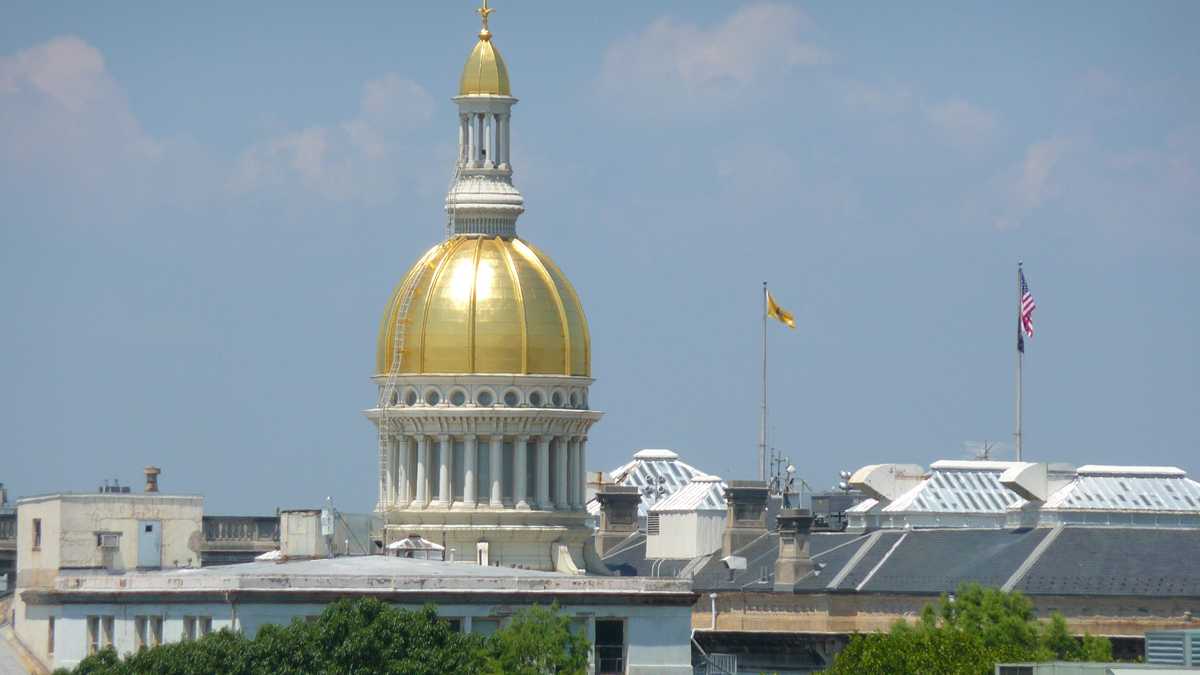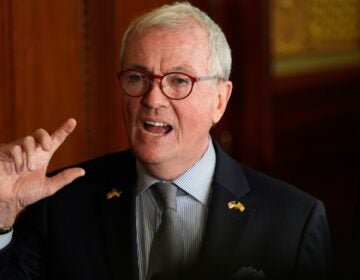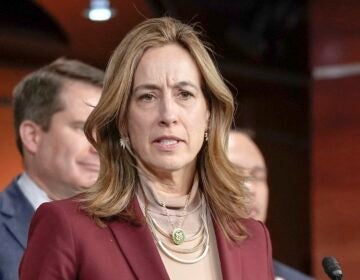Democrats want New Jersey back in regional climate change pact

A bill advancing in the New Jersey Legislature would authorize the state’s police and firefighters unions to manage their own pension funds. (Alan Tu/WHYY)
In 2011, then Governor Christie, a Republican, pulled New Jersey out of the Regional Greenhouse Gas Initiative and vetoed three attempts by the legislature to rejoin it.
Lawmakers expect Governor Phil Murphy, a Democrat, will be receptive to their latest effort to get back in.
Supporters and opponents for a measure that would require the state to be part of RGGI testified at a Senate Environment Committee hearing.
Environment New Jersey director Doug O’Malley said the RGGI program improves air quality and reduces pollution that contributes to climate change.
“RGGI is a program that helps us to start the fight the climate battle. It’s not a silver bullet but it’s a great start. If we don’t act and we don’t encourage other states to act, we’re going to see an economic catastrophe in our coastal communities.”
Sarah Bluhm with the New Jersey Business and Industry Association said a return to RGGI would increase costs by imposing a surcharge on carbon-generated electricity.
“We have cleaned up our power plants and we have the lowest emissions. Joining RGGI is not going to change emissions coming in from Pennsylvania or Ohio. But what it will impact is the cost of generation in New Jersey.”
New Jersey Sierra Club director Jeff Tittel said resident’s utility bills would only go up about $5 a year, “It’s a small fee on that carbon where the money goes to do good things.”
Senate Environment Committee chairman Bob Smith believes the surcharge would provide $60-80 million a year that could be used to encourage more use of zero-emission vehicles and other initiatives to combat climate change.
He said the surcharge also makes it easier for nuclear to compete with natural gas and that could have an impact on legislation lawmakers will reconsider that could give Public Service Enterprise Group a subsidy to ensure its nuclear plants in South Jersey stay open.
“If the competition with the fracked gas is that much more competitive, the need for the subsidy diminishes. And so it may mean a more modest subsidy or maybe no subsidy at all,” said Smith.
WHYY is your source for fact-based, in-depth journalism and information. As a nonprofit organization, we rely on financial support from readers like you. Please give today.




